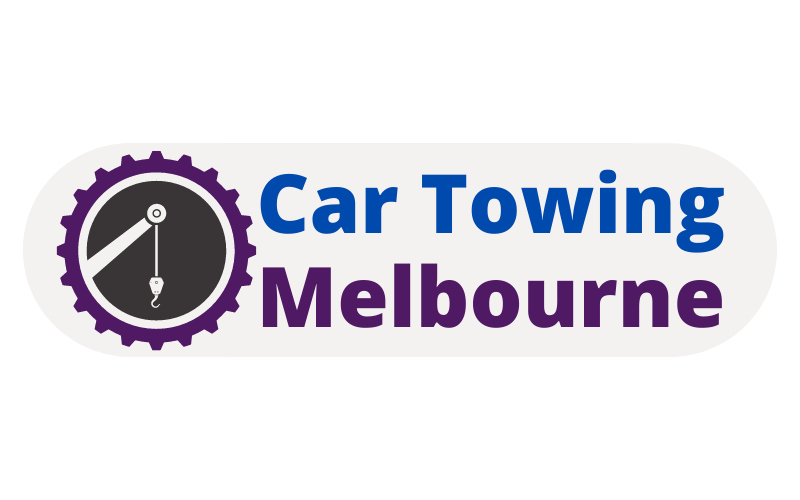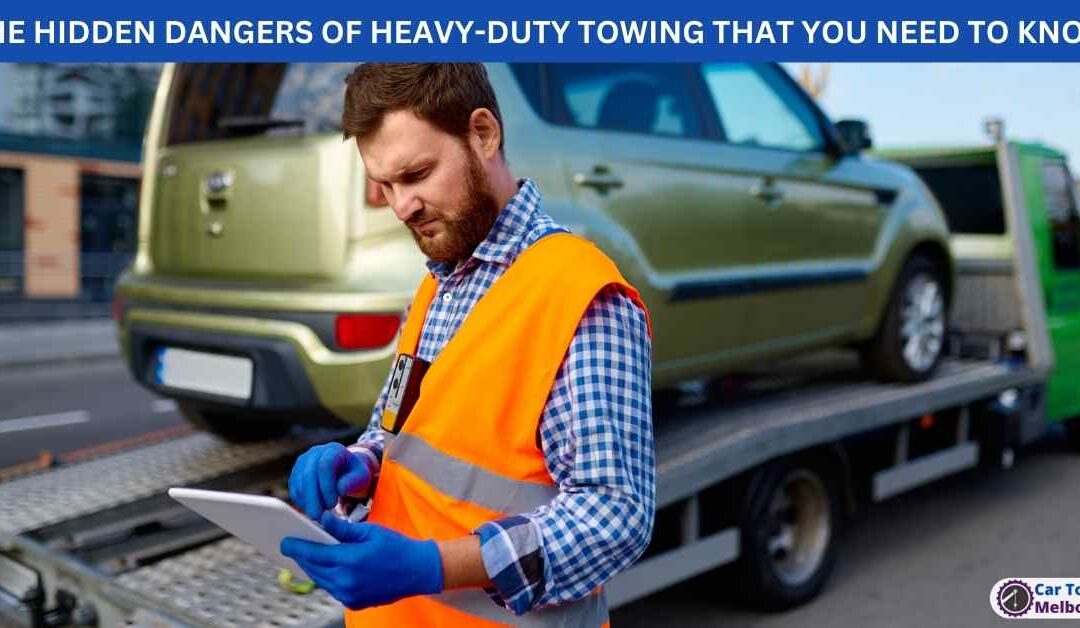Heavy-duty towing refers to the process of transporting large and heavy loads using specialized equipment such as heavy-duty trucks, trailers, and hitches. While heavy-duty towing is often necessary for commercial purposes, it poses potential dangers that drivers need to be aware of.
Understanding the risks associated with heavy-duty towing and calling an experienced towing company to prevent accidents and ensure the safety of drivers, passengers, and other road users is essential.
This blog post will explore the hidden dangers of heavy-duty towing and provide tips on how to avoid accidents caused by overloading, poor weather and road conditions, equipment failure, and other risks. By the end of this post, you’ll have a better understanding of the importance of safety measures when towing heavy loads.
Overloading And Weight Distribution
Overloading occurs when a vehicle carries a load exceeding its weight limit. This causes serious risks on the road, such as decreased braking ability, instability, and tire blowouts. Overloading can also lead to equipment failure and vehicle suspension system damage.
To avoid overloading, it’s essential to know the weight limits of your vehicle and ensure that you’re staying within them. Proper weight distribution is also crucial for safe heavy-duty towing. This means that the weight of the load should be evenly distributed over the trailer and vehicle. Improper weight distribution can cause the trailer to sway, increasing the risk of an accident.
Here are some tips on how to properly distribute weight and avoid overloading:
- Always check the weight limits of your vehicle and trailer before towing.
- Load the heaviest items first and distribute them evenly on the trailer.
- Use tie-downs to secure the load and prevent movement during transport.
- Avoid carrying more than one load at a time.
- Use a weight distribution hitch if necessary to evenly distribute the weight.
Poor Weather And Road Conditions
Poor weather and road conditions significantly increase the risks of heavy-duty towing. It’s important to check weather and road conditions before towing to ensure safe transport.
Here are some tips on how to adjust towing practices during different weather conditions:
Rain Or Snow
Reduce speed and increase your following distance. Wet and slippery roads can cause the trailer to lose traction, so it’s important to drive cautiously and avoid sudden movements.
Wind
Strong winds will affect the trailer’s stability, causing it to sway or jackknife. Reduce your speed and avoid sudden movements in windy conditions.
Extreme Heat
High temperatures can cause your tires to overheat and increase the risk of blowouts. Check your tire pressure before towing and avoid overloading the trailer in hot weather.
Equipment Failure
Equipment failure is a serious risk during heavy-duty towing. Common equipment failures include brake failure, tire blowouts, and hitch failure. These failures lead to accidents and injuries on the road.
To prevent equipment failure, it’s essential to maintain and inspect all towing equipment properly. Here are some tips provided by specialized heavy-duty towing services on how to maintain equipment and prevent failure:
- Inspect your tires for wear and damage before every trip.
- Check your tire pressure and ensure that it’s within the recommended range.
- Inspect brakes for wear and damage and ensure that they’re functioning properly.
- Lubricate all moving parts of the hitch and ensure that it’s securely attached.
- Inspect all electrical components and wiring before towing.
- Proper maintenance and inspection can prevent equipment failure and ensure that heavy-duty towing is performed safely.
Taking the time to inspect and maintain your equipment before every trip helps prevent accidents caused by equipment failure.
Blind Spots
When towing a large load, there can be blind spots that limit your visibility. This means that you may not be able to see other vehicles on the road as easily as you would without the load. It’s important to be extra cautious when changing lanes or merging onto highways to avoid accidents with other vehicles.
Always use your mirrors and turn signals, and consider installing additional safety features like blind spot mirrors or cameras to improve your visibility. Avoid sudden lane changes or erratic driving, as this startles other drivers and increases the risk of accidents. By being aware of your blind spots and driving defensively, you can help keep yourself and others safe on the road while towing a large load.
Now Car Towing Melbourne is available in Mill Park Victoria 3082, Australia.
Car Towing Melbourne
(03) 7037 7625

